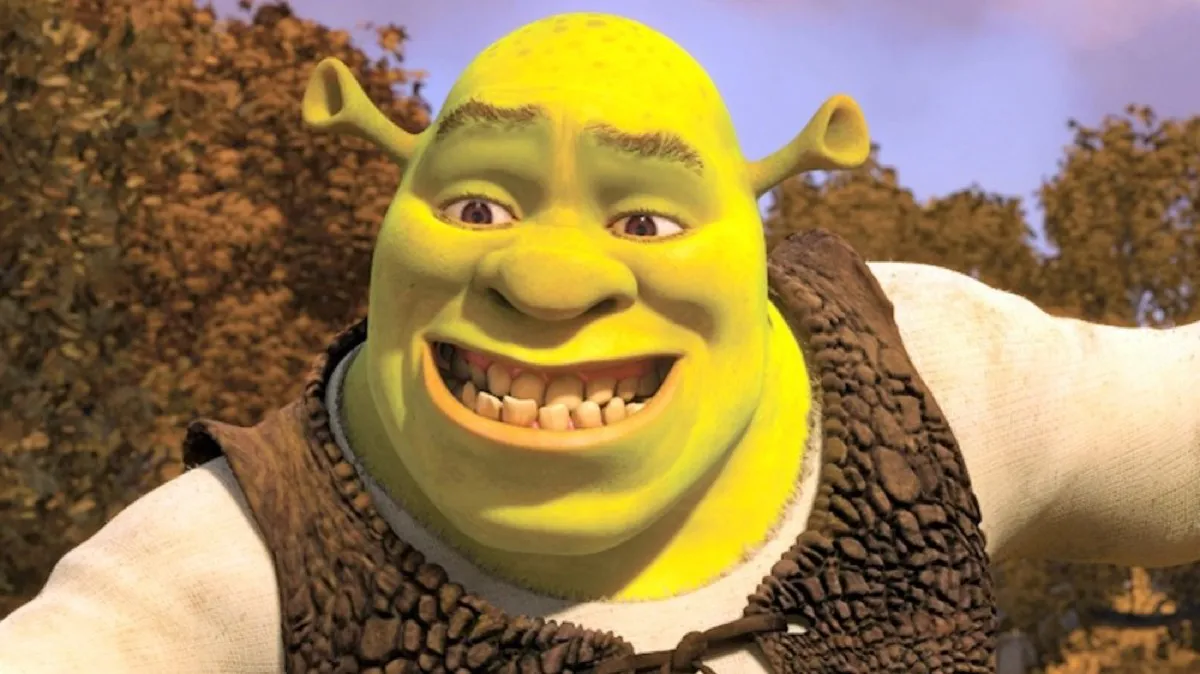Cannes has always been a tad more political than other film festivals, but with everything happening in the world right now, the 2024 event saw multiple political stands, stances, and more brought into the light by attendees.
The film festival, which ran from May 14 to May 25, was already set to be one of the most politically charged in recent years, but while some movements fell flat, others caused a little bit of a stir. In the build-up to the festival, one of the big talking points was the strikes threatened by French festival workers, “Sous les écrans la dèche.”
The workers had announced they were prepared to walk out en masse after the French government rejected their plans to resolve their ongoing pay dispute. In the end, the unrest didn’t really pan out, and the festival went on pretty smoothly, though The Precarious Film Festival Workers Collective made themselves known at the event, with staff and attendees wearing the collective’s bright red pin.
Another issue that was raised ahead of the event was that of a rumored bombshell #MeToo accusation. The festival began after it was announced that France’s most famous male actor, Gérard Depardieu, would be facing trial on charges sexual assault. The rumor threatened that a list of 10 names, leading figures in the industry, would be announced and accused of misconduct, though these names were never released, as the rumor remained just that. Coralie Fargeat, director of the Best Screenplay-winning film, The Substance, said in her acceptance speech that the movement remains ongoing and that it must be built brick by brick. Meanwhile, Emma Stone had to deal with an intense line of questioning on her own feminism and her work with Greek director Yorgos Lanthimos.
Elsewhere, the ongoing genocide in Gaza was brought into the spotlight despite the festival’s chief, Thierry Frémaux, stating there would be no polemics. Though the festival did not allow the distribution of pins to show any form of solidarity, certain attendees found their own way to show their support. Notably, Cate Blanchett wore a dress that boasted green and white lining that many believe represented the Palestinian flag. Laura Blajman-Kadar, a survivor of the October 7 Hamas attacks on Israel, was more overt, wearing a bright yellow dress with the faces of hostages held in Gaza and a sash reading, “Bring them home.” Other attendees sported watermelon pins and accessories to show their support.
Members and allies of the Palestinian film community organized a gathering at the Algerian pavilion (Palestine did not have its own, even though Israel did) to observe a moment’s silence on Tuesday, May 21, in memory of those killed in Gaza.

As per usual at Cannes, some of the films contained strong political messages, such as Ali Abbasi’s The Apprentice, a film that looks at Donald Trump’s rise to power, which Trump and his team have accused of defamation. (If Trump doesn’t like it, we’re interested.) The film had some pretty shocking scenes, which must have left the former President angry as his campaign communcations manager, Steven Cheung, has threatened legal action “to address the blatantly false assertions from these pretend filmmakers.”
The film festival’s Grand Prix went to an even more explosive film, The Seed of the Sacred Fig, by dissident Iranian filmmaker Mohammad Rasoulof film, who arrived at the Cannes Film Festival after escaping from his native country—a 28 day escape that included traveling by foot across the country’s bordering mountains. The film was shot in secret and, while fictional, shows the paranoia and mistrust of his country’s legal system. The film violates Iran’s censorship laws, and the director was sentenced to eight years in prison before he made his escape along with some, but not all, of the cast and crew.
One controversy that came from the festival and spread across social media was not political in nature, but came from the actions of one of the staff members and their interactions with certain actresses. One of the festival’s employees (it is believed but not yet proven to be the same individual each time) rushed stars up the stairs, even to the point of manhandling them at times. Things first kicked off when Kelly Rowland was seen in an altercation with the employee, which went viral online. There were then incidents with other actresses, including Dominican actor Massiel Taveras and South Korean singer and actor Yoona.
This could be due to the fact that Cannes is trying to speed up entrance into the Palais, having banned selfies on the stairs in an effort to speed things up, but still, the employees’ actions have caught the attention of the internet, and not in a good way, with accusations of racism. Rowland herself spoke out on the subject:
Kelly Rowland speaks out following a video of her arguing with a red carpet security guard at the Cannes Film Festival.
— Shadyyee (@chockietee) May 25, 2024
pic.twitter.com/0xnZE4XA2Y
Cannes, much like any well-publicized media event, has historically had controversial moments not only from the films that are shown but from attendees making statements about causes they wish to bring attention to. Despite all the above points, the festival was much tamer than first imagined this year.









